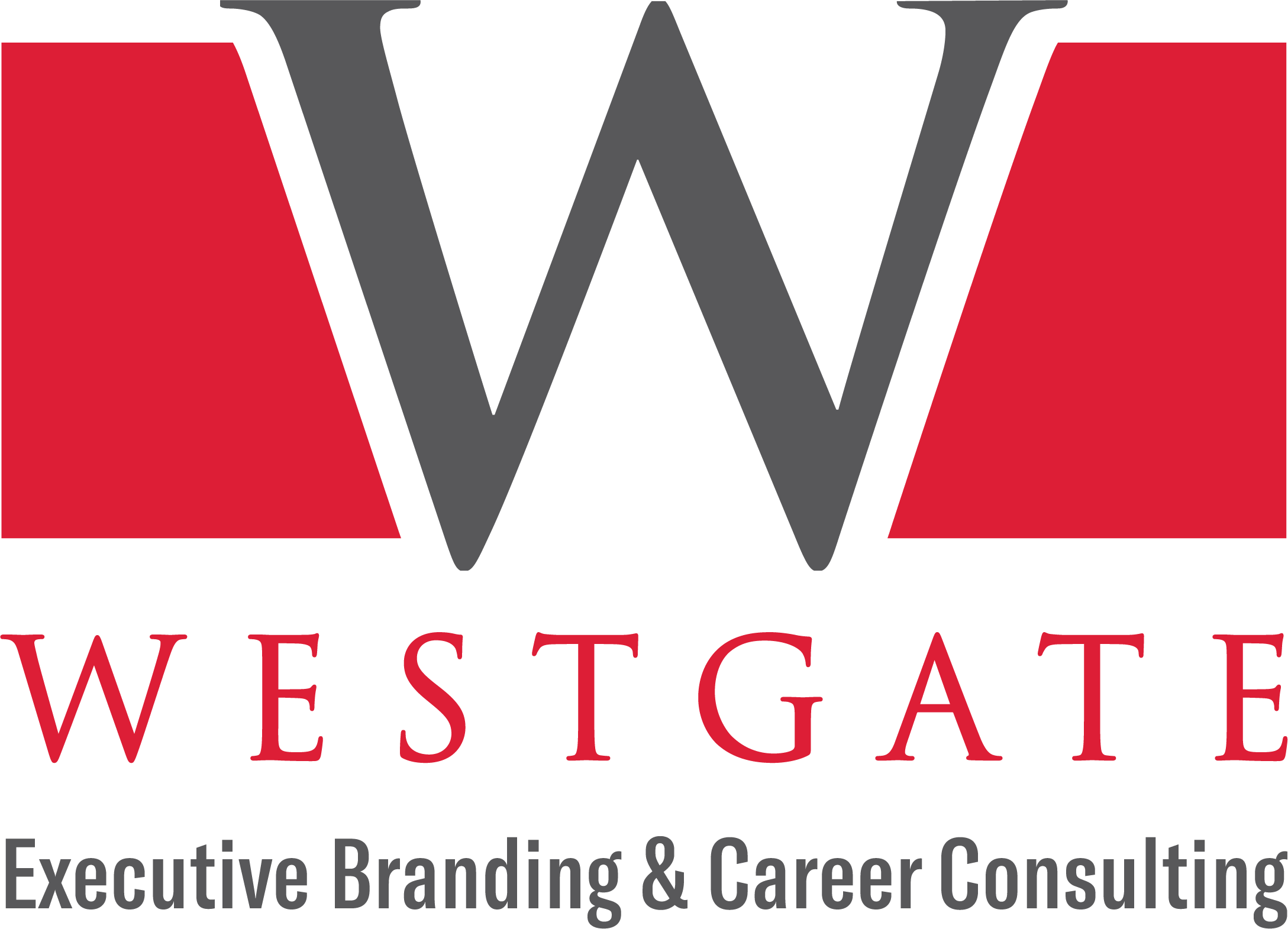As a current or former CEO, you may be ideally positioned for an independent board role for a private equity-backed company. Companies benefit from having their CEOs and other c-levels on external boards for a number of reasons:

Private Equity & AUM
Globally, approximately 10,000 private equity firms have more than $3.9 trillion in assets under management.
In North America alone approximately 4,700 firms own more than 18,800 companies.
According to a recent report by McKinsey, private markets rebounded in 2021. After a year of pandemic-driven turbulence that suppressed fundraising and deal-making, fundraising climbed to a record of almost $1.2 trillion up by almost 20% over 2020.
Keep this in mind when you are considering board opportunities. Many CEOs have their sights set on Fortune 500 boards when thinking about the corporate leaders of the economy; however, private equity firms and their portfolio companies have an outsized ability to influence the status quo of the business community.
Questions for your due diligence
According to friend and colleague, Beverly Behan, author of New CEOs’ and Boards, money is typically not the motivation for taking on board roles. She says that board directors motivated primarily by money are often the weakest members of the board.
Many active CEOs serve on boards to genuinely help while helping themselves work with their own boards more effectively. According to Beverly, you must have a good reason-why story.

Board interviews – our interview with director candidate, Jonathan Bennett (now a board member of two privately held boards)
We were fortunate to have Jonathan answer some of the common questions we hear in relation to board opportunities. Here are a few excerpts from our interview:
How was the board interview different from other types of interviews?
By way of setting the context, I’ve recently joined two privately held, for-profit boards. They were, in fact, quite similar.
I found both experiences strong in process. There were multiple interviews. The first with the Board Chair and one or two other Directors; then a 1:1 with the CEO; and in one case I then also met with the primary shareholder. When I was offered the Director position, I was phoned by the Board Chair. They kept to their timelines and communicated well throughout, so I knew where things stood. The meetings all happened during COVID and so they were all virtual.
What was different?
They were conversations and they were generative. I know they had a list of questions, but it flowed easily, and, in several cases, my own responses/background took them to some surprising places. I found them to be curious and eager to really get to know me on a human level.
What surprised you the most during the selection process?
We touched on some of my previous board experience and qualifications, but they were looking for my thoughts, advice, opinions on current business issues they were facing. At the conclusion of one of the interviews, I said with some regret, I feel like I haven’t really talked about my board experience or credentials. The Board Chair simply responded, “that’s table stakes. We want to know how you think and the things you really care about.” That really resonated with me because I knew then that these were people who had aligned values with me, and were interested in social purpose business in the same way I am.
How do you recommend others to prepare for a board interview?
Package up, and rehearse, your best executive and board stories so they are tight and powerful. Don’t forget to allow in emotionally resonate, or vulnerable moments (what you learned, or would do differently)—it’ll make them more memorable.
Figure out the problem they are trying to solve with this Board position. What gap do they have? What business problem are they facing? Position yourself as the solution to it. This is your value proposition. It needs to be framed concretely for them—it’s not about you. Join the dots, explicitly, between their problem(s) and your experience. Don’t leave it up to them to do that work—they might get it wrong. Make those connections clear and, frankly, blunt.
Dig deep on the internet—find the lawsuits, the ugly reviews, the crisis from five years ago. Read Glassdoor reviews so you know what employees are saying. Do they have a physical location(s)? If so, go visit it. It’s not always possible, but sometimes you can do field research and just meet people on the front lines. You’ll learn a lot if you do. Read everything the CEO has written online. Read their social media feeds going back a few years. Is there a sub-reddit about them? Be all over the other board members’ LinkedIn profiles. Look for trends in senior staff / C Suite exits. You won’t find it all, especially if the company is privately held, but there’s a lot more out there than one would think.
Here's the last piece—be sure to work in all this research into your answers.
“I saw in your last annual report that X happened”
“I was on your Facebook page, and I noticed that staff really responded well to X initiative”
“Turnover is a struggle for many companies. I read through previous employees Glassdoor posts and found them to be fewer than I’d have expected.”

How long was the interview?
They were both about 90 mins. The other interviews (with the CEO, shareholder, etc.) were 60 mins.
How long did it take to land the offer from start to finish?
One was really very quick—maybe 6 weeks. The other closed their application process and I didn’t hear anything for six months. I had almost forgotten about it. Then, a call came. Their process had been delayed but was now back on. It moved smoothly. Maybe it was a month for that interview process.
How did you discover this board opportunity?
One was advertised on LinkedIn. The other on an internet board postings.
What would you do differently next time?
They both went swimmingly well, so nothing germane springs to mind. Next time though, I’m going to have private-sector board experience to package up. That will make for a stronger candidacy down the road—for wherever my Board journey takes me next. As an executive coach, I find the match with being on boards to be a good one. It keeps the mind sharpened to evolving changes in the workplace. Governance is ever-evolving and complex.
Do the boards have external CEOs from “industry”?
Yes, both boards have externally appointed CEOs who are not primary shareholders.

Independent Board Director Compensation
In our research on board compensation for independent directors (non-committee chair roles), we’ve discovered a range. Of course, these ranges are a small sample of the many compensation models available for independent directors, so please keep this in mind as you navigate board opportunities.
Packaging your skills for a board role
Messaging and packaging for board roles need to be “sticky”. Your messaging and packaging need to resonate with the reader. Keywords and signature stories need to be recent and relevant for the biggest impact. Your reason-why story is important.
Case study
Steven* is the CEO of a SaaS portfolio company (supplying the airline industry) whose board has encouraged him to seek an independent board role in an adjacent industry (transportation). In addition to gaining valuable insights into the cybersecurity function and data management industry, it will help Steven to raise his profile, visibility, and credibility.
With a new product release in the horizon next year, the insights will be particularly useful from a data protection and integrity perspective, not to mention the value of developing relationships in their targeted industry pre-product release.
Additionally, Steven is personally aligned with the organization’s philanthropic foundation whose mission is to address human trafficking, which makes his reason-why story very compelling to the nominating and governance committee.
Steven’s challenge
This is a before resume of Steven Vance as he prepared to apply for a board of director role (for which he had been invited). However, there is no mention of any of his board work on his resume. It is certainly not clear from this version that he has any board experience whatsoever.


Steven is clearly positioned as an independent board role based on the keywords and signature stories in the resume. A signature story is an accomplishment that is relevant to the opportunity (usually based on a position description or performance profile).
For a complete list of independent board competencies, download our Board Resume Checklist here.
*Pseudonym and some details are fictionalized to protect her confidentiality
How we help
Westgate is a personal branding and organization optimization firm helping CEOs and their board optimize performance by raising visibility, credibility, and trust in the marketplace. If you’re an operating partner requiring support for your portfolio company CEOs and their teams, let’s connect. We’ve had the honor of helping many board candidates land board seats.
If you’re a CEO or board candidate who is seeking an independent board opportunity, we have an inventory of more than eleven years of case studies, stand-out portfolios, and award-winning strategies to help you get hired up into a CEO or board opportunity.
If you’re a board director seeking support for your CEO to help raise the visibility of your brand or to help your newly appointed CEO make a safe transition into your portfolio company, we have a program designed to help him/her land safely while optimizing performance for a profitable exit.

